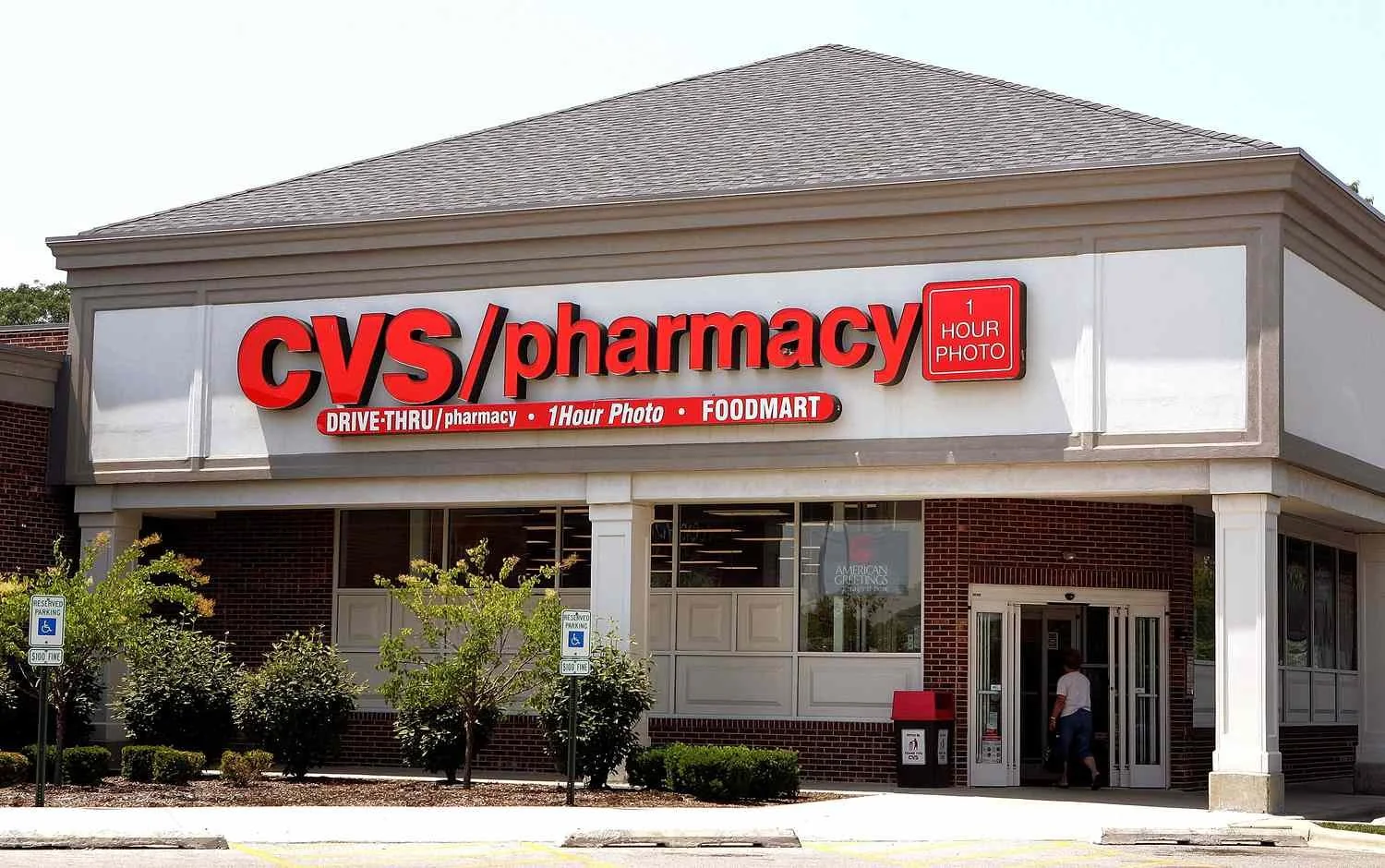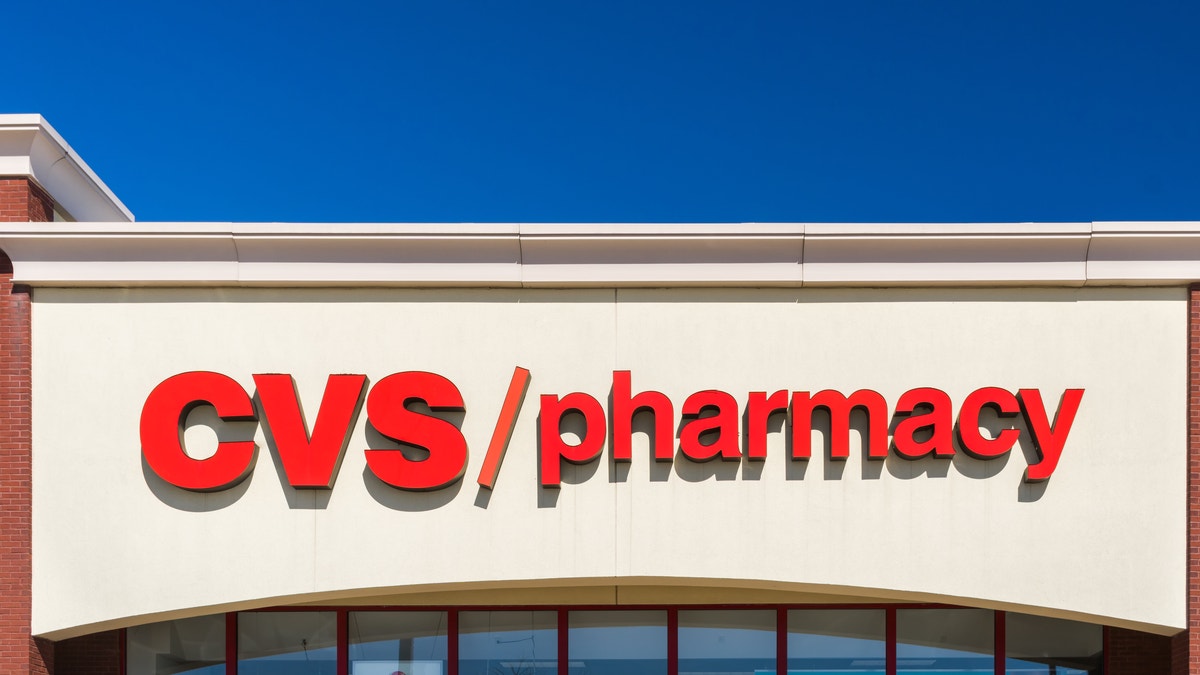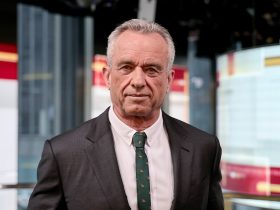People looking to fill their prescriptions may face unexpected challenges over the next few days, as hundreds of pharmacists could stage a walkout to protest working conditions at CVS and Walgreens.
Organizers of the “Pharmageddon” protest informed NBC News that up to 900 pharmacists across as many as 10 states might participate in this ongoing protest, which began on Monday and will conclude on Wednesday. However, this figure could not be independently verified.
Lannie Duong, a clinical pharmacist from California and a key protest organizer, stated that in addition to sickouts and walkouts, there are plans to protest at the corporate headquarters of Walgreens in Deerfield, Illinois, and CVS in Woonsocket, Rhode Island, on Wednesday.
What makes these protests particularly noteworthy is that the pharmacists are not unionized and are not demanding higher pay.
Instead, their primary concern is the need for their employers to hire more staff to reduce the overwhelming workload and to eliminate policies that pressure them to work faster. They argue that these conditions increase the likelihood of making mistakes that could endanger patients.
Pharmacists and other healthcare workers have voiced concerns about these issues for years, with the situation worsening during the Covid-19 pandemic.
The current wave of pharmacy protests gained attention after more than a dozen CVS stores in the Kansas City area experienced walkouts in mid-September, and the movement has since spread.
An operations manager at a Walgreens in Nebraska, who oversees the pharmacy and spoke to NBC News anonymously for fear of retaliation, discussed the pressure behind the counter.
The manager described how the store’s lone pharmacist and pharmacy technicians are frequently pulled away from their duties to cover other tasks within the pharmacy, the only way to prevent long lines of frustrated customers, but at the cost of creating a distracting environment.
“My pharmacist often has three or four customers waiting for him to address their prescriptions, whether it’s double-checking or consulting,” the manager explained. “We’re all constantly jumping from one customer to the next throughout the day.”
This environment leads to more mistakes, such as errors in counting pills. The operations manager noted that their pharmacy typically fills around 450 prescriptions during a nine-hour shift, with about half of those requiring manual pill counting.
Moreover, the pharmacy technicians rarely take breaks, and the operations manager admitted to doing the same for years. The increasingly tough working conditions are compounded by minimal pay raises.

According to the operations manager, the store is now handling far more prescriptions than before, while vaccinations have become an increasingly significant part of the business. On a typical eight-hour shift, the store administers about 45 vaccinations, roughly one every 10 minutes.
“It’s definitely gotten worse, especially since the pandemic,” the manager said. “I’m tired of stepping away from the front to cry in the pharmacy, drying my tears, and then going back to give someone a shot.”
The manager added that while their pharmacist supports the protest, they do not plan to strike, as the pharmacy wouldn’t be able to open without them.
Walgreens reported that only two pharmacies were closed on Monday, with one remaining closed on Tuesday. The company stated that it is actively listening to employees’ concerns and frustrations.
“We recognize the incredible work our pharmacists and technicians do every day and have taken several steps to ensure our teams can focus on providing optimal patient care,” Walgreens said in a statement.
CVS reported that it has not observed any “unusual activity” related to store closures or walkouts and mentioned that it has implemented changes to address past complaints.
“In response to recent feedback from our pharmacy teams, we’re making targeted investments to address their key concerns, including enabling teams to schedule additional support as needed, enhancing pharmacist and technician recruitment and hiring, and strengthening pharmacy technician training,” CVS said in a statement.
Al Carter, executive director of the National Association of Boards of Pharmacy and a former practicing pharmacist, explained that drugstores cannot control how much they are paid for filling prescriptions—these payments are made by prescription benefit managers, and CVS owns Caremark, a major player in that industry—but they can control their spending on employee pay, leading to tightly run operations.
Employees argue that these operations are too tight, especially as their responsibilities increase, community pharmacies close, and the three largest U.S. chains all move forward with closing stores.
In a statement issued Monday, American Pharmacists Association CEO Michael D. Hogue expressed support for the striking pharmacists.
“For far too long, employers have exacerbated the situation,” he wrote, adding that quotas requiring pharmacists to fill a certain number of prescriptions or administer large volumes of vaccinations are damaging their relationships with patients.
“Supervisors who are not pharmacists do not understand the needs of care teams and make unreasonable demands based on time-based productivity,” Hogue said.







Leave a Reply